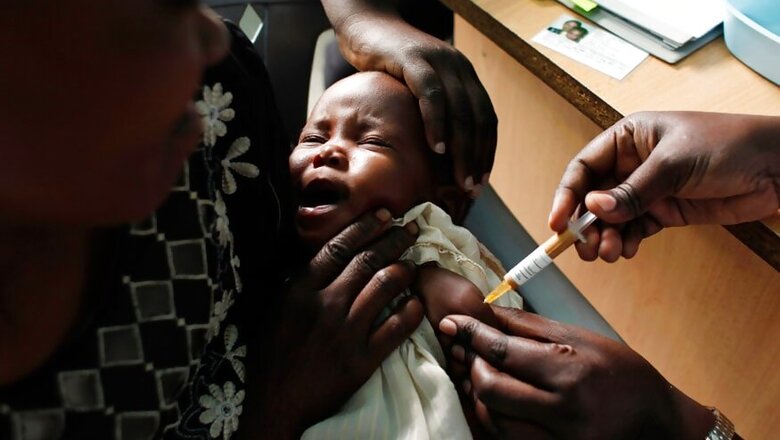
views
Researchers at University of Illinois are exploring the relationship between microbial natural products and the gene clusters that enable their production to acquire a better treatment against malaria. Malaria is a mosquito-borne disease and it’s typically transmitted through the bite of an infected Anopheles mosquito, which carries the Plasmodium parasite. Thereby, when this mosquito bites you, the parasite is released into your bloodstream.
Science Daily reported that by learning to recognize which genes lead to what types of products, the researchers at Illinois University hope to use genome sequencing to speed discovery of new natural products that may have key therapeutic properties. The work began with a surprise: the researchers set out to explore how their microbe of interest, Streptomyces lavendulae, creates a chemical called fosmidomycin. The team was interested in how this compound is created in part because it's an antimicrobial that is effective against malaria, a mosquito-borne illness that kills hundreds of thousands of people each year. As expected, S. lavendulae did produce a compound that killed microbes, but it wasn't fosmidomycin.
William Metcalf, one of the researchers said, “The most interesting about stuff research is where you ask a question and you get a completely unexpected answer.”
Surprises kept following as the research continued. The team traced the bacterium's killing powers to production of a closely related molecule, dehydrofosmidomycin, a known natural product that may even be slightly better than fosmidomycin for treating malaria. However, the genes that S. lavendulae was using to make dehydrofosmidomycin were completely unlike those seen in other microbes.
Metcalf said, “It's very similar to another class of molecule that we've worked on in the past, virtually identically, chemically and structurally, but the biosynthetic pathway and the genes are completely different. Which if you think about evolution and how you got there, that's fascinating, that these molecules are so good that nature independently discovered it multiple times."
There’s no vaccine available to prevent malaria. So where the threat of malaria is on a rise with every passing year, an effective way to control it altogether is very important.

















Comments
0 comment